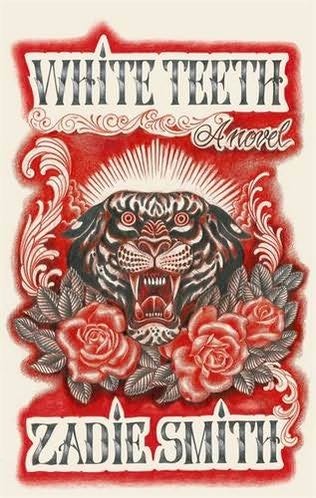London taxi drivers are famed for "The Knowledge": the encyclopaedic memory that they are supposed to have that enables them to navigate every tiny crevice of the capital's streets, without the help of a TomTom. As teachers, we are also expected to have "The Knowledge", but of an arguably even more demanding sort: we are expected to know everything possible about our subject, which, while it may not cost us our jobs (unless gaps in knowledge are serious), may cost us the respect of our pupils if we do not.
Teaching English, and invigilating English examinations, is a bit like being a participant in some sort of weird parallel universe where the object of life is to win a constant spelling bee. This I can deal with; spelling has always been a strong point for me, and I can rattle off correct spellings without even thinking. Being expected to know about every minute detail of Western literature, and being earmarked by twelve-year-olds as being an object of suspicion for not liking JK Rowling, Stephanie Meyer, or Nicholas Sparks makes things a bit more difficult. Get something wrong occasionally and it can be potentially disastrous.
Now, I'd like to think that I'm well-read: my bookshelves contain (just at a glance) tomes as diverse as Stella Gibbons and Jeffrey Eugenides, Jane Austen and DH Lawrence (fiction); Jacques Prévert, Boccaccio, Milton and Homer (poetry); Molière, Shakespeare, Churchill and Stoppard (drama); literary criticism, history, music and travel books, as well as philosophy, autobiography and self-help, to name just a few other genres. This brings nothing but pleasure 99% of the time. The other 1% comprises pain (mainly physical, associated with moving boxes of books between residences) - 0.5% - and awkwardness or embarrassment (the other 0.5%). The latter situation seems to occur whenever someone asks you a question about literature and you are expected to know the answer but don't. It's like that moment on University Challenge when a literary question is asked and the heads of the other seven team members, several hundred audience heads, several thousand viewers' heads, and the almighty head of Jeremy Paxman, swivel to look at the one literature student in the game.
Surely they MUST know the answer to that, is the feeling in the air;
it's their reason for being alive. When they don't know, there is a sense of redundancy and sheepishness.
Occasionally this happens on a smaller scale, to English teachers (except that your audience is less sympathetic, and even more harsh than Paxman in telling you what a duffer you are). And such was the case today when my lack of knowledge of Dickens let me down. The kids were reading an extract from
Nicholas Nickleby, which had been reprinted in their text book. We'd read it, and they had to answer questions about it afterwards. There came a point where a few of them weren't sure about Nicholas' role in the story: was he a new pupil, or a new teacher? Ironically, if I weren't an English teacher, I might have got this one right: while we were supposedly reading this extract as a class, I spent more time trying to get half the class to be quiet, stop doodling, look at their textbooks, stop swinging on their chairs and so on than I did looking at the text book. My answer therefore relied on my best guess based on the text itself. My best guess was unfortunately wrong (as I'd have known if I'd read the foreword, but which was a reasonable guess anyway based on the text itself - ignoring the fact that I had a 50/50 chance of being correct regardless). Just as London taxi drivers are expected to get by without a satellite navigation system, for the most part teachers are too.
A couple of my students picked me up on this, but I was too busy telling other students not to argue to fully address it. Worse than perhaps getting something like this wrong is dealing with the fallout (telling your students that you were indeed wrong and still getting them to respect you afterwards), and admitting that you and "the knowledge" are not infallible. I'm not sure if there is a solution to bibliophiles' quest to acquire "the knowledge", as surely the quest is a never-ending one. Maybe I'd just better work on my table manners for when I have to eat that humble pie instead.









